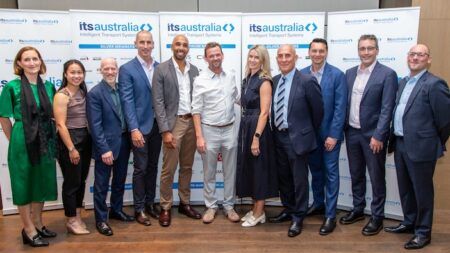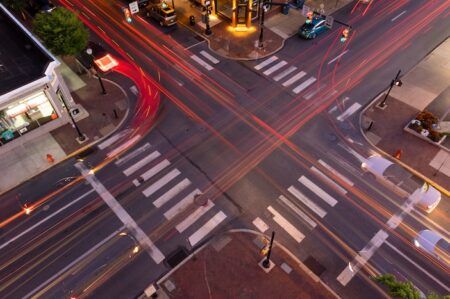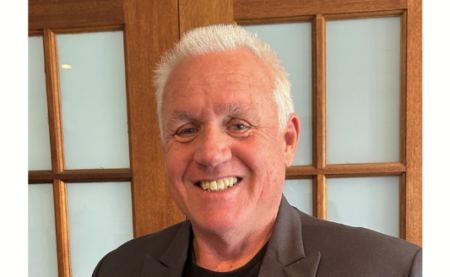US Transportation Secretary Anthony Foxx has announced that Columbus, Ohio, has been selected as the winner of the US Department of Transportation’s (USDOT) Smart City Challenge, with its proposals edging it ahead of the competition’s six other finalists: Austin, Denver, Kansas City, Pittsburgh, Portland and San Francisco.
Columbus will receive up to US$40m from USDOT and up to US$10m from Paul G Allen’s Vulcan Inc. to supplement the US$90m that the city has already raised from other private partners to carry out its plan. Using these resources, Columbus will work to reshape its transportation system to become part of a fully-integrated city that harnesses the power and potential of data, technology and creativity, to re-imagine how people and goods move throughout their city.
The Challenge called on cities to do more than merely introduce new technologies onto city streets, requiring them to boldly envision new solutions that would change the face of transportation in our cities, by closing the gap between rich and poor; capturing the needs of both young and old; and bridging the digital divide through smart design so that the future of transportation meets the needs of all city residents.
Columbus was selected as the winner because it put forward an impressive, holistic vision for how technology can help all of the city’s residents to move more easily and to access opportunity. The city proposed to deploy three electric self-driving shuttles to link a new bus rapid transit center to a retail district, connecting more residents to jobs. Columbus also plans to use data analytics to improve health care access in a neighborhood that currently has an infant mortality rate four times that of the national average, allowing them to provide improved transportation options to those most in need of pre-natal care.
“Each of the seven finalists put forward an array of thoughtful, intelligent and innovative ideas that defined a vision for the future of the American city, and formed a blueprint to show the world what a fully integrated, forward-looking transportation network looks like,” said Foxx. “The Challenge required each city to think about transportation as cross-functional, not in silos, but as a transportation ecosystem. The bold initiatives they proposed demonstrated that the future of transportation is not just about using technology to make our systems safer and more efficient; it’s about using these advanced tools to make life better for all people, especially those living in underserved communities. While Columbus is the winner, we believe each city has come out of this process with a stronger sense of how to address transportation challenges with technology and innovation.”
Columbus’s Mayor, Andrew Ginther, commented, “We are thrilled to be America’s first Smart City. Our collaboration between public, private and nonprofit sectors is the perfect example of how we lift up our residents and connect all communities. Smart Columbus will deliver an unprecedented multimodal transportation system that will not only benefit the people of central Ohio, but potentially all mid-sized cities.”




